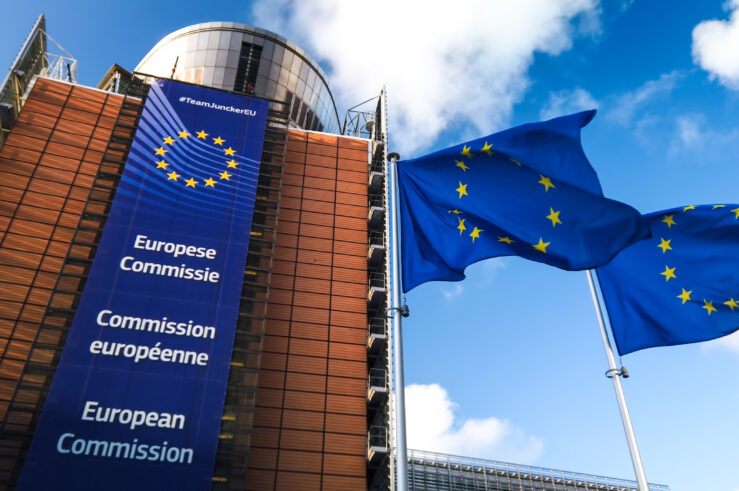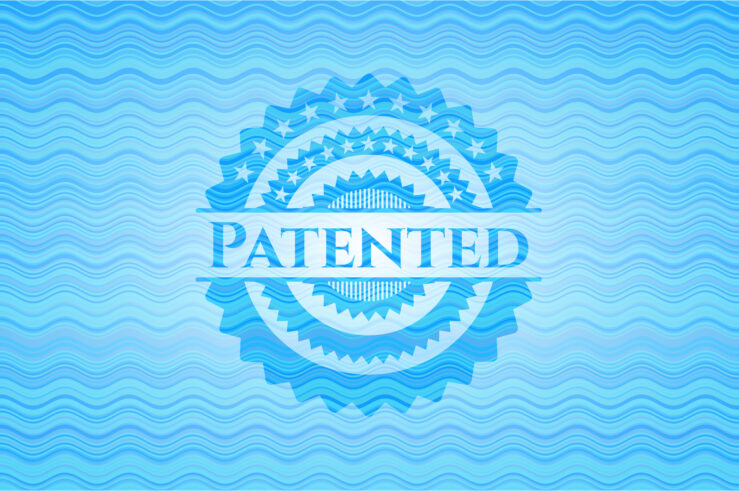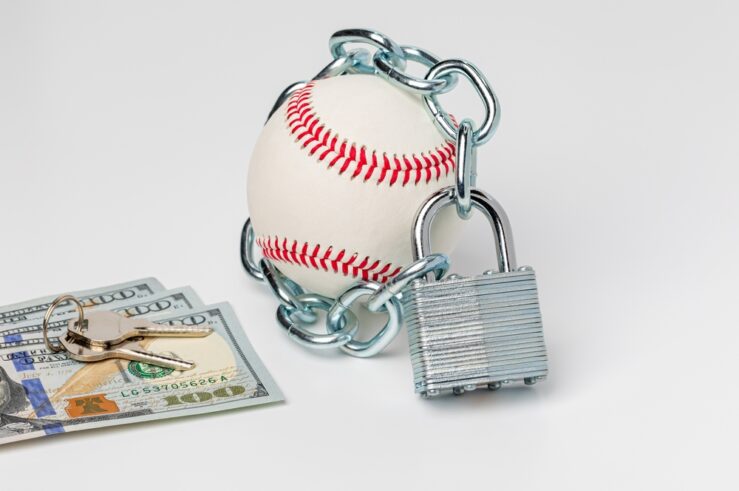Showing archive for: “Intellectual Property”
Reclaiming Antitrust
The United States is the birthplace of antitrust, starting with the enactment of the Sherman Antitrust Act in 1890. During the late 19th and early 20th century, cartels were common in Europe, while U.S. antitrust enforcers unraveled them. Only after World War II did European countries incrementally adopt competition law in various forms. Since that ... Reclaiming Antitrust
The View from the United Kingdom: A TOTM Q&A with John Fingleton
What is the UK doing in the field of digital-market regulation, and what do you think it is achieving? There are probably four areas to consider. The first is that the UK’s jurisdiction on mergers increased with Brexit. The UK is not subject to the same turnover threshold as under European law, and this enables ... The View from the United Kingdom: A TOTM Q&A with John Fingleton
Once More Unto the Breach, Dear Friends: More Regulatory Overreach by the FTC
Go big or go home, they say. It’s not really an either-or choice: one can go big, and then go home. Not infrequently, an attempt to go big is what gets one sent home. The Federal Trade Commission (FTC) swung for the fences in April 23’s open meeting. On purely partisan lines, the commission voted ... Once More Unto the Breach, Dear Friends: More Regulatory Overreach by the FTC
NLRB Targeting of Noncompetes Lacks a Sound Legal Foundation
Jennifer Abruzzo, general counsel of the National Labor Relations Board (NLRB), recently issued a memo claiming that certain noncompete clauses in labor contracts are illegal, on grounds that they violate employees’ right to organize and negotiate better working conditions under Section 7 of the National Labor Relations Act (NLRA). The NLRB isn’t the first Biden ... NLRB Targeting of Noncompetes Lacks a Sound Legal Foundation
Oregon Should Beware the Right to Repair
The Oregon State Legislature is considering HB 3631, a bill that would ensure that consumers have a “right to repair” their electronics devices. The legislation would require that manufacturers provide consumers and independent repair shops access to relevant repair information, as well to make available any parts or tools necessary to carry out the repair. ... Oregon Should Beware the Right to Repair
If Necessity Is the Mother of Invention, New EU SEP Rules Are Decidedly Unnecessary
An unofficial version of the EU’s anticipated regulatory proposal on standard essential patents (SEPs), along with a related impact assessment, was leaked earlier this month, generating reactions that range from disquiet to disbelief (but mostly disbelief). Our friend Igor Nikolic wrote about it here on Truth on the Market, and we share his his concern that: As it currently stands, it appears the regulation will ... If Necessity Is the Mother of Invention, New EU SEP Rules Are Decidedly Unnecessary
European Commission’s Leaked SEP Regulation Would Increase Costs for Innovators, Hurt EU Competitiveness, and Fail to Reduce Litigation
The European Commission is working on a legislative proposal that would regulate the licensing framework for standard-essential patents (SEPs). A regulatory proposal leaked to the press has already been the subject of extensive commentary (see here, here, and here). The proposed regulation apparently will include a complete overhaul of the current SEP-licensing system and will ... European Commission’s Leaked SEP Regulation Would Increase Costs for Innovators, Hurt EU Competitiveness, and Fail to Reduce Litigation
State-Mandated Digital Book Licenses Offend the Constitution and Undermine Free-Market Principles
Various states recently have enacted legislation that requires authors, publishers, and other copyright holders to license to lending libraries digital texts, including e-books and audio books. These laws violate the Constitution’s conferral on Congress of the exclusive authority to set national copyright law. Furthermore, as a policy matter, they offend free-market principles. The laws interfere ... State-Mandated Digital Book Licenses Offend the Constitution and Undermine Free-Market Principles
A Few Questions (and Even Fewer Answers) About What Artificial Intelligence Will Mean for Copyright
Not only have digital-image generators like Stable Diffusion, DALL-E, and Midjourney—which make use of deep-learning models and other artificial-intelligence (AI) systems—created some incredible (and sometimes creepy – see above) visual art, but they’ve engendered a good deal of controversy, as well. Human artists have banded together as part of a fledgling anti-AI campaign; lawsuits have ... A Few Questions (and Even Fewer Answers) About What Artificial Intelligence Will Mean for Copyright
Patent Pools, Innovation, and Antitrust Policy
Late last month, 25 former judges and government officials, legal academics and economists who are experts in antitrust and intellectual property law submitted a letter to Assistant Attorney General Jonathan Kanter in support of the U.S. Justice Department’s (DOJ) July 2020 Avanci business-review letter (ABRL) dealing with patent pools. The pro-Avanci letter was offered in ... Patent Pools, Innovation, and Antitrust Policy
Imposed Final Offer Arbitration: Price Regulation by Any Other Name
“Just when I thought I was out, they pull me back in!” says Al Pacino’s character, Michael Corleone, in Godfather III. That’s how Facebook and Google must feel about S. 673, the Journalism Competition and Preservation Act (JCPA). Gus Hurwitz called the bill dead in September. Then it passed the Senate Judiciary Committee. Now, there ... Imposed Final Offer Arbitration: Price Regulation by Any Other Name
Noah Phillips’ Major Contribution to IP-Antitrust Law: The 1-800 Contacts Case
Recently departed Federal Trade Commission (FTC) Commissioner Noah Phillips has been rightly praised as “a powerful voice during his four-year tenure at the FTC, advocating for rational antitrust enforcement and against populist antitrust that derails the fair yet disruptive process of competition.” The FTC will miss his trenchant analysis and collegiality, now that he has ... Noah Phillips’ Major Contribution to IP-Antitrust Law: The <em>1-800 Contacts</em> Case













